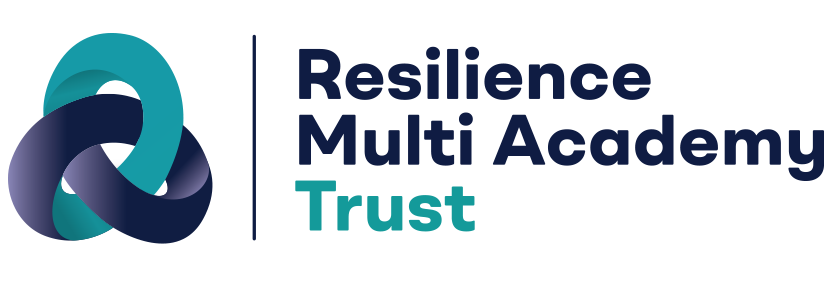KS4 Engineering
For Engineering, we will achieve this by ensuring: That all UTC Leeds students are work-ready, developing a range of technical and employability skills that will make them sought after in the region.
Overview
Engineering is compulsory across KS4. Students are taught practical and theory skills through project-based work. Students develop engineering employability skills to build up a portfolio of evidence to support their learning.
Our Engineering curriculum is broken down into ‘non-negotiables’ – the vital areas that a student needs to master in that subject. These non-negotiables underpin the learning throughout the duration of the study and our students understand that after developing competency in each strand, they will aim to develop mastery in each. The learning is coherently sequenced across the 4-year plan and mapped cross-curricular, and our sequence of learning plans specifies which non-negotiables are the learning foci and/or the knowledge that students will gain.
Engineering Design and Engineering Manufacture
Exam board: OCR Cambridge Nationals
Year 10 and Year 11
Engineering Manufacture is a discipline of engineering dealing with different manufacturing practices and processes using machines, tools and equipment that turn raw materials to new products.
The students complete the following units:
- R109 – Development of knowledge and understanding of engineering materials and processes, and their application in the manufacture of engineered products. The content of this unit includes basic engineering processes, allowing for a practical approach to be taken in the delivery of the unit.
- R110 – Students are required to plan and make a pre-production product by conventional (non-Computer Numerical Control (CNC)) methods to develop a suitable product.
- R111 – Students will produce Computer Aided Design (CAD) drawings of a product to produce a batch of Computer Numerical Control (CNC) manufactured examples. Also, learners will understand how computer control can be used in the high-volume/mass production of engineered products.
- R112 – Students will be required to produce and carry out a detailed set of procedures for the quality control of engineered products which will be used in a ‘real world’ situation involving high-volume manufacture of products.
Engineering Design is aimed at learners who wish to study the processes involved in designing new engineered products and the requirements of a design specification. Through research and practical activities, learners will understand how market requirements and opportunities inform client briefs and will use practical skills such as drawing, computer modelling and model making to communicate design ideas.
The students complete the following units:
- R105 – Students will understand the design cycle, the requirements for a design brief and the design specification for the development of a new product and how effective research data is necessary to inform the development of a design solution.
- R106 – Students will understand how to perform effective product analysis and evaluation through research and product assembly and disassembly procedures to appreciate product design features.
- R107 – Students will generate design ideas using a mixture of detailed hand rendering and computer-based presentation techniques including computer aided design in 2 and 3 dimensions. Learners will gain skills in annotation and labelling techniques, such as showing key features, functions, dimensions, materials, construction/manufacture methods.
- R108 – Students will apply practical skills to produce a prototype product or model using craft-based modelling materials alongside computer-controlled or rapid-prototyping processes. Learners will produce a prototype product in the form of a model and test design ideas in a practical context, to inform further development utilising more complex production processes.
Staff and Contact Details
- Steve Davison, Subject Leader for Engineering [email protected]
- Rhys Jones, Assistant Subject Leader for Engineering [email protected]
- Alex Foreman, Assistant Subject Leader for Engineering [email protected]
- John Riley, Assistant Subject Leader for Engineering [email protected]
- Mark Hinchliffe
- Mick Lees
- Hayley Copeland
- Zavi Shah
- Dave Barran
- Caillen Rider
- Morne Grobler
- Mo Zeeshan

